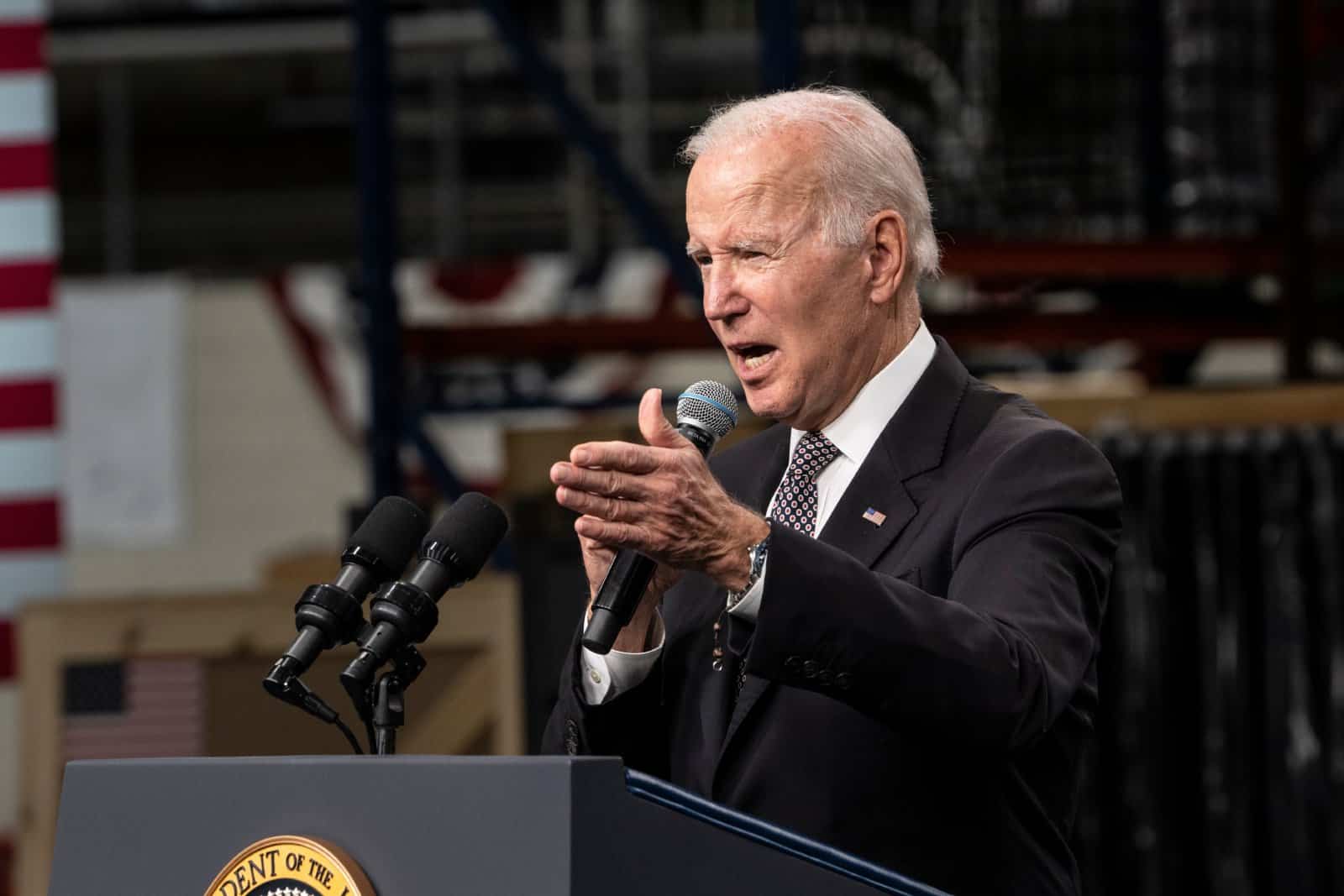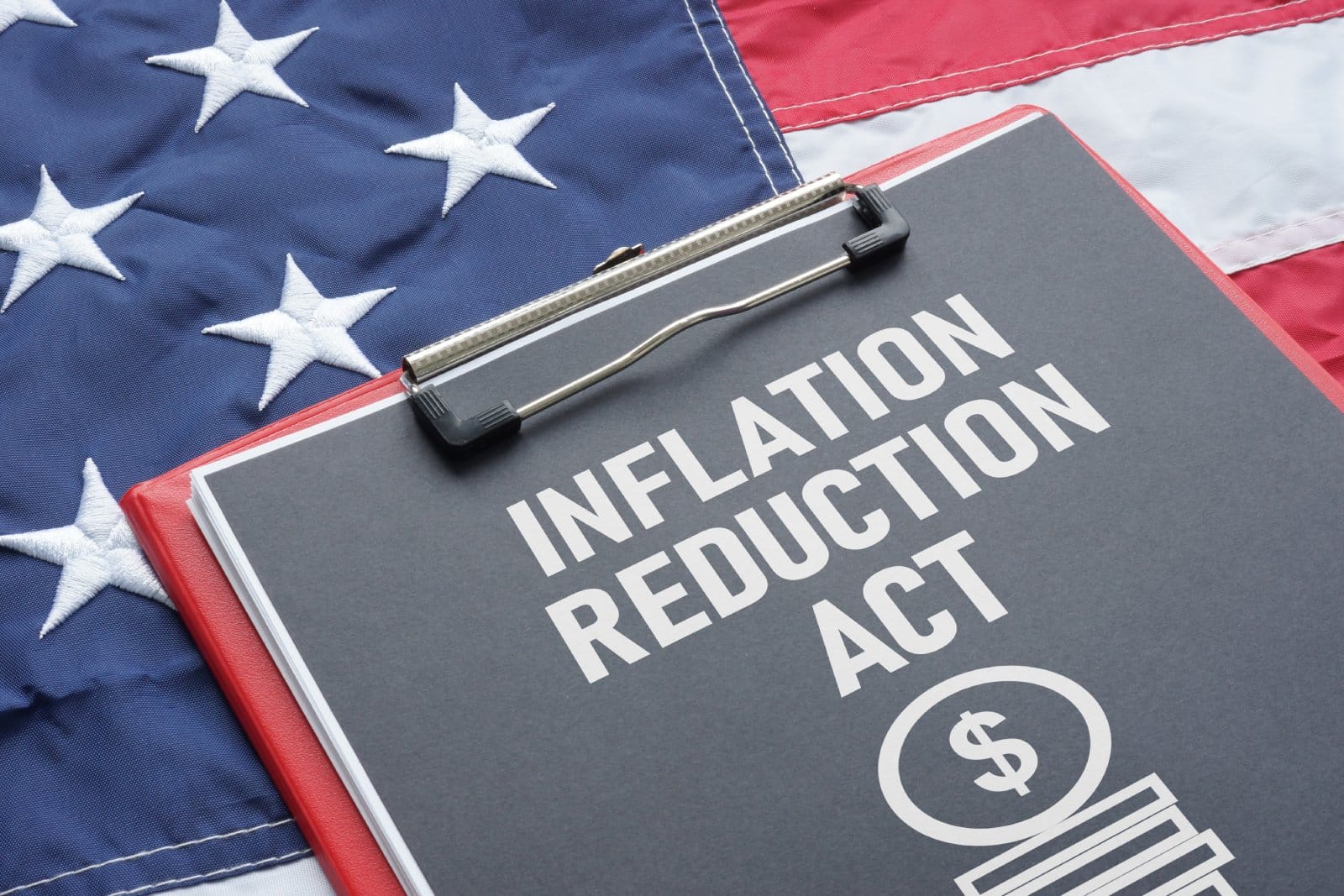In a historic move, the Biden Administration is taking bold steps to confront the high costs of prescription drugs. The government is seeking to leverage the Inflation Reduction Act to give Medicare the ability to negotiate prices directly with pharmaceutical companies.
The new initiative hopes to alleviate the financial burden on millions of Americans, particularly seniors, who have struggled with exorbitant out-of-pocket expenses for essential medications.
Medicare Negotiates Drug Prices

For the first time, Medicare has defied longstanding norms by refusing to accept the prices set by pharmaceutical companies for prescription drugs.
This bold step is set to impact the cost of ten critically important medications, offering potential savings to millions of American seniors who have been disproportionately affected by high drug prices.
The Financial Burden on Seniors

In 2022 alone, nine million seniors on Medicare shouldered a staggering $3.4 billion out of pocket in 2022 for just ten drugs.
These drugs are prescribed for widespread health issues, including blood clots, arthritis, diabetes, cancer, and heart disease, among others.
For some, the cost of a single medication reached up to $6,500 annually, highlighting the urgent need for this negotiation program.
Big Pharma’s Pricing Practices

A recent report has shed light on shocking pricing disparities, showing that Americans were charged two to three times more for the same prescription drugs than people in other OECD countries.
This discrepancy is especially glaring in the case of insulin, where U.S. prices were nearly ten times higher than those abroad.
Corporate Profits Over Patients

The pharmaceutical industry’s ability to spend $750 billion on stock buybacks and dividends over a decade contrasts sharply with the economic pressures faced by consumers.
With prices of essential drugs continuously rising, the new negotiation policy aims to address these imbalances head-on.
Negotiation Leads to Savings

This change marks a significant shift from previous policies, allowing Medicare to engage directly with pharmaceutical companies to lower drug prices.
Historically, Medicare was barred from negotiating drug prices, often resulting in higher costs for seniors compared to other government agencies like the VA, which could negotiate.
Impact on Senior Healthcare Costs

This change promises to align Medicare’s drug prices more closely with those negotiated by other agencies, offering hope for significant savings.
It is a move that promises to extend substantial financial relief to American families, particularly those with elderly members.
Widespread Support for Negotiation

Public opinion strongly favors the ability of Medicare to negotiate drug prices, with surveys indicating that eight out of ten adults support this federal initiative.
This overwhelming approval underscores the widespread demand for more affordable healthcare solutions.
Opposition and Legal Challenges

Despite its popularity, the drug price negotiation program faces opposition, unsurprisingly, from the pharmaceutical industry and certain political factions.
Consequently, legal battles and legislative threats pose potential obstacles to the program’s implementation and future.
Biden’s Commitment to Lower Costs

President Biden has expressed a steadfast commitment to reducing healthcare costs, safeguarding Medicare and Social Security, and ensuring the Inflation Reduction Act benefits a broader segment of the American populace.
Future of Drug Price Negotiations

In the coming four years, Medicare plans to negotiate prices for as many as 60 medications, with the potential to negotiate for 20 more drugs annually thereafter.
This ongoing effort is expected to expand access to affordable medication for countless Americans.
Caps on Insulin Prices

The Administration has already secured a significant victory for diabetes patients under the Inflation Reduction Act after it achieved a $35 cap on monthly insulin supplies.
This measure alone is set to save millions of Americans substantial amounts on their healthcare expenses.
Savings on Healthcare Premiums

Beyond prescription drugs, the act also brings savings on health insurance premiums, benefiting fifteen million Americans with an average of $800 in annual savings.
Protection Against Price Hikes

The act provides mechanisms to protect seniors from exorbitant price increases on Medicare Part B drugs, with some beneficiaries saving up to $618 per dose.
This protection is a critical component of the administration’s effort to ensure healthcare affordability.
Ongoing Commitment

Despite challenges and attempts to repeal the Inflation Reduction Act, the Biden Administration remains committed to its mission of lowering healthcare costs and improving access for all Americans.
Some Relief

With widespread public support and a clear plan for implementation, the promise of reduced drug costs may offer some relief for millions of Americans suffering under the burden of healthcare expenses.
The post Biden Administration Challenges Big Pharma to Lower Drug Prices first appeared on Swift Feed.
Featured Image Credit: Shutterstock / lev radin.
The content of this article is for informational purposes only and does not constitute or replace professional financial advice.

